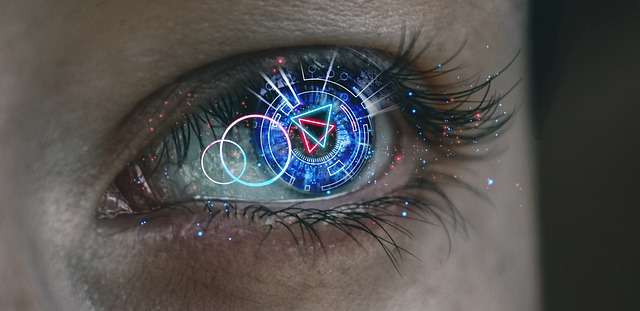
I’m quick to share my knowledge about AI’s implications for educators and learning.
But when it comes to parenting? I’m still figuring it out right alongside you. And boy, am I failing. I have zero excuses. I understand the research. I spend my days studying the downfall of Gen Z — the social disconnection, the mental health crises, the fragility that comes from growing up too fast online. And yet, here we are in my home: screens everywhere, unfettered access to AI, and daily battles over YouTube shorts and Roblox.
The truth is: knowing better doesn’t mean doing better is easy. But if you’re a parent right now, you don’t have the luxury of ignoring AI. Our children’s futures — and ours — are already being rewritten. I’ve been asked to share what I’ve learned so far about how AI is changing parenting, and how we can start navigating this new world.
Here’s where I think we begin:
Step 1: Get Educated
AI isn’t coming. It’s here. And it’s not going anywhere. So get your head out of the sand. Start learning. Start experimenting, start integrating it into your daily life.
AI is revolutionizing every aspect of human labor. You can’t fully understand it by reading articles or listening to podcasts. You have to experience it.
Here’s another truth: AI won’t take your job. Another human who knows how to use AI more efficiently than you — will. If you’re a parent and you haven’t spent at least an hour inputting prompts into an AI, please — stop reading this — and go do it. Here are a few to get you started:
- “Please summarize the main differences between Medicare and private insurance.”
- “Plan a full week of easy, healthy dinners for a family of four, including a grocery list.”
- “I need three birthday party themes for a 6-year-old boy who loves dinosaurs and space.”
You need to understand AI not just to help your kids — but to stay relevant yourself. Your world is changing too. Don’t get left behind!
Step 2: Recognize the Good and the Bad
The Good: Our children are superhuman.
They have access to more knowledge, tools, and creative platforms than any generation in history. They can learn at warp speed, and design, build, and innovate in ways we could only dream of. Now, the three-year-old who asks “why is the sky blue? Why are tigers named tiger?” can actually get factual answers!
I’ve been amazed by how my own children use ChatGPT. They use my account so I can read all conversations (this is a must). For the last week, my two children started a shoe cleaning business. They used Chat GPT to send me an invoice for my shoes! Moments like that? They make me believe this generation can do incredible things.
The Bad: There’s a darker side too. Young brains — without fully developed prefrontal cortexes — struggle to differentiate between fact and fiction. They can easily form attachments to AI companions, lose themselves in endless loops of stimulation, or fall prey to misinformation and manipulation.
Social skills, resilience, and emotional regulation? All of those are at risk if we’re not careful. Therefore, the now recommended advice is not to give children under 8th grade access to any smart device. This includes an iPad with access to the internet.
Step 3: Leverage the Good, Find A New Happy Place In The AI-Enabled World
There are powerful ways to use AI as a tool, not a trap.
- Use customized learning platforms to provide your child with 1:1 instruction tailored exactly to their needs.
- Use ChatGPT to generate personalized reading materials about topics they love — at their exact reading level.
- Encourage them to use AI as a creative partner: writing stories, designing projects, and building games.
When used wisely, AI can spark curiosity, creativity, and deeper learning. But it’s not a babysitter. It’s a co-pilot — and you have to stay in the pilot’s seat.
Step 4: Teach Them About AI
Don’t just regulate AI use. Teach them what it is. Explain concepts like:
- Hallucinations (AI sometimes makes things up — it’s confident, but not always right).
- Ethical Use (Plagiarizing an essay? Not ethical. Using AI to brainstorm ideas? Great.)
- Bias (AI reflects human biases — it’s not a neutral truth machine.)
- Privacy (What you share online can and will be stored, analyzed, and sometimes misused.)
Your kids are going to live in a world where AI is everywhere. The best thing you can do is make them literate, not fearful.
I’m not writing this because I have it all figured out. I’m writing it because we don’t have time to wait until we feel ready. AI isn’t something we can shelter our kids from. It’s something we must prepare them for. Imperfectly. Messily. Honestly. Just like everything else in parenting. We’re not raising kids for our world. We’re raising them for theirs.
And ready or not — it’s already here.















